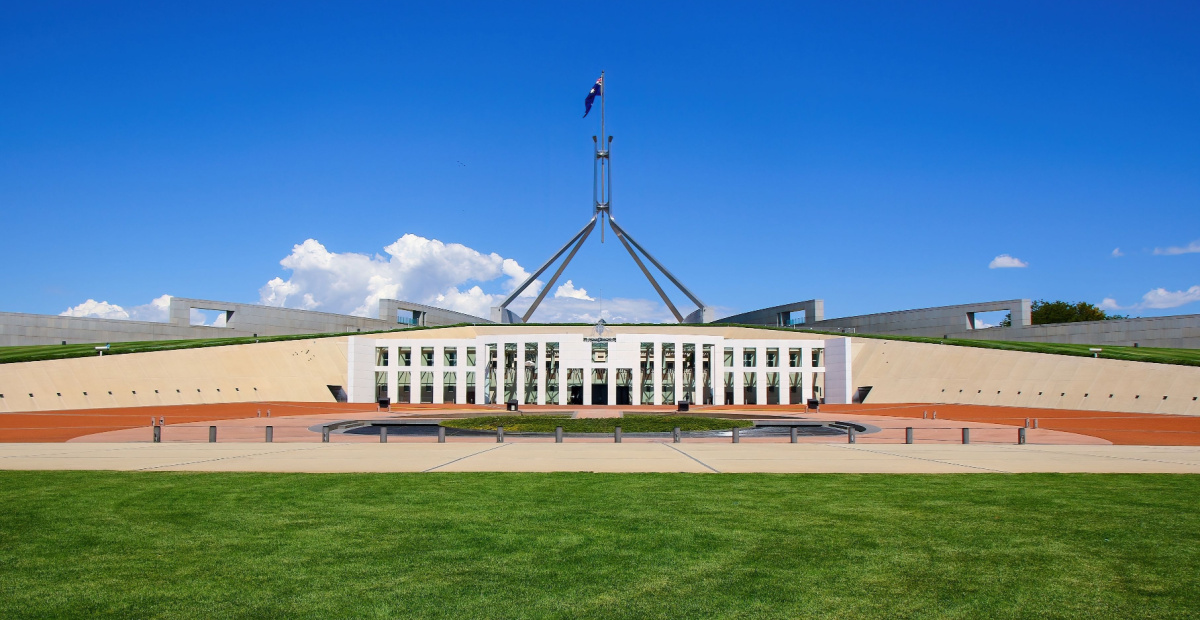Chalmers caves on taxing unrealised capital gains

The Federal Government has made a key concessions around the controversial $3 million superannuation tax threshold applying both indexation and ensuring they apply to realised earnings.
The Treasurer, Jim Chalmers sought to dignify the concession by stating that while the original model which entailed no indexation and entailed the taxation of unrealised capital gains was “the best model”, things had changed.
The Government’s announcement was delivered in tandem with the unfreezing of the Low-Income Superannuation Tax Office (LISTO) less than a week after introducing to Parliament the legislation to deliver pay day superannuation
Indexation had been a key element of obtaining Australian Greens support of the Government’s legislation in the Senate.
Chalmers’ announcement said that the changes are as follows:
From 1 July 2026:
- The total concessional tax rate applied to earnings on balances between $3 million and $10 million will be 30 per cent.
- The total concessional tax rate applied to earnings on balances over $10 million will be 40 per cent.
- Both the $3 million and $10 million super balance thresholds will be indexed to maintain relativity with the Transfer Balance Cap that was introduced by the Coalition.
The Treasurer said that, as part of these changes the Government would also:
- Adjust the earnings calculation so the concessional tax rates on large balances only apply to future realised earnings. Treasury will consult on implementation details including the best approach to the calculation of future realised gains and attribution to individual fund members.
- Apply commensurate treatment to defined benefit interests to ensure equivalent impacts, with Treasury to consult on implementation details.
- Extend the existing exemption for some judges to improve consistency across jurisdictions. This is a small change to respond to the latest legal advice and ensure more neutral treatment.
On the LISTO, Chalmers said the Government would increase the amount by $310 to $810 and raise the eligibility threshold from $37,000 to $45,000 from 1 July, 2027.
The move was widely welcomed by the superannuation industry which had been lobbying hard for the measure over successive budgets.











The surprising aspect to this revised model is why he didn’t align the lower threshold with the indexed Transfer Balance Cap, which is currently $2M and may be $2.1M by the time the revised model is implemented. That would be far better aligned with the current super framework, and also generate more tax. Perhaps he is keeping that up his sleeve for “negotiation” with the Greens, and that is where we will end up.